What is a geriatric pregnancy?
In the past, the term "geriatric pregnancy" was used to describe pregnancies in women over the age of 35. Today, healthcare providers use the term "advanced maternal age" (AMA) instead, which is a more accurate way of describing pregnancies in this age group.
More women in the United States are delaying motherhood until they are in their mid- to late-30s or early 40s. Many find there are benefits to pregnancy later in life, such as greater financial stability and emotional maturity. But it can take longer to get pregnant, and your chances of some health conditions and birth defects are higher.
Having a baby after age 35 is one factor that can contribute to a high-risk pregnancy, and you might need to see a maternal-fetal medicine specialist, an OBGYN who specializes in high-risk pregnancies. They will monitor you and your baby’s health to help support a healthy pregnancy and successful delivery.
How does age affect fertility?
As you get older, your fertility declines, making it harder to get pregnant. You are born with a fixed number of eggs, which decreases with age. The quality of your eggs declines as well, and they are more likely to have chromosomal abnormalities.
A healthy woman who is under 30 has an approximately 85% chance of conceiving within 12 months. This falls to 75% by age 30, 66% by age 35 and 44% by age 40. By age 45, you are unlikely to get pregnant naturally. The chance of miscarriage also increases as you get older.
Women in their 30s and 40s are also more likely to have health conditions that can affect fertility, such as high blood pressure or diabetes.
Male fertility also tends to decline with age, but this decline is more gradual.
If you are 35 or older and have not become pregnant after six months of unprotected sex, talk to your OBGYN about an infertility evaluation. If you are over 40, you should see them before you start trying for a baby.
Benefits of pregnancy after 35
Nearly one in five pregnancies in the United States occurs in women age 35 or older.
There are many benefits to being an older parent. You might want to pursue your career and education first or wait to find the right partner. This can result in greater financial and life stability, which benefits both parents and children. Older mothers often report feeling they are “ready” to be parents, with a positive impact on the child and their own mental health.
Some past research has linked being a child of older parents with negative outcomes. But more recent studies have found the reverse. On average, children born to mothers over 35 in the last few decades scored higher on cognitive tests and completed more years of education. This could be linked to their parents’ education levels and socioeconomic status.
Benefits of getting pregnant after 35 include:
- Career security: Feeling secure in your job may mean you have more time and resources to devote to your child.
- Emotional maturity: Older parents may feel more prepared to care for a baby.
- Greater maternal happiness: Studies suggest that older mothers report greater happiness around and after the birth, compared to younger women.
- Increased financial stability: Parents in their late 30s and 40s tend to have higher incomes.
- Healthier maternal behavior: Older women are less likely to smoke or binge-drink during pregnancy than younger women.
- Higher cognitive scores: Studies have found children of older moms scored higher on cognitive tests.
- Maternal life expectancy: Research has found a positive link between having your youngest child after age 35 and living a longer life.
- More education: Delaying parenthood gives you a chance to complete higher levels of education.
What are the potential risks of pregnancy after 35?
If you get pregnant later in life, you and your baby may have a higher risk of complications. Your risk increases with age. For some conditions, such as preeclampsia, your risk rises after age 40.
You can minimize the risk of complications by taking care of your health before and during pregnancy. This includes eating a balanced diet, maintaining a healthy weight, taking a 400-microgram supplement of folic acid each day, and not smoking or drinking alcohol. If you have any pre-existing health conditions, try to get them under control before you get pregnant.
Potential risks of geriatric pregnancy include:
- Birth defects: The risk of birth defects and chromosomal abnormalities, such as Down syndrome, increases with maternal age.
- Gestational diabetes: This is diabetes that starts during pregnancy. Rates appear to increase significantly in mothers over 40.
- Labor and delivery complications: These include preterm birth, low birth weight and postpartum hemorrhage (bleeding).
- Miscarriage: The combination of lower-quality eggs and possible chronic conditions can increase an older woman’s risk of early pregnancy loss (before 20 weeks).
- Preeclampsia: Women over 35 are at greater risk of this condition, which causes high blood pressure and organ damage in some cases.
- Twins or multiple pregnancies: As you get older, you are more likely to have multiples, which increases your chance of complications. Multiple pregnancies are also more common if you have fertility treatment.
When should I talk to a doctor?
If you're 35 or older and planning to have a baby, it's important to talk to your OBGYN or healthcare provider before trying to conceive. They can help you create a personalized plan to optimize your health for pregnancy.
Once you get a positive pregnancy test, contact your doctor. Depending on your age, they may want to see you sooner and discuss prenatal screening and diagnostic tests, including:
- Low-dose aspirin and maternal serum screening: If you have risk factors for preeclampsia, your doctor may recommend a daily low-dose aspirin. You’ll also likely have screenings (between 15 and 18 weeks) to check for conditions like Down syndrome and spina bifida.
- Non-invasive prenatal testing (NIPT) and anatomy ultrasound: NIPT, which can be done as early as 10 weeks, screens for genetic conditions like Down syndrome and reveals your baby’s gender. Between 18 and 22 weeks, an ultrasound will check your baby’s growth and look for birth defects.
- Diagnostic testing: If screening shows a higher risk, your doctor may suggest chorionic villus sampling (CVS) or amniocentesis for clearer results on genetic conditions.
- Third-trimester growth scan and fetal surveillance: If you're 40 or older, your doctor may recommend a growth scan and additional monitoring between 32 and 36 weeks to check your baby’s health and reduce the risk of stillbirth.
Your doctor will provide guidance on which precautions and tests are right for you based on your personal health history and circumstances.
If you’re of advanced maternal age, know that things are much different than in past generations. With more resources and support than ever before, there are plenty of options available to help you have the best pregnancy experience possible.
How can I have a healthy pregnancy at 35 and older?
No matter your age, taking care of yourself before and during pregnancy can help you have a healthy baby. Here’s what you can do:
- Schedule a preconception appointment: Before trying to conceive, talk to your healthcare provider about your overall health, fertility concerns and lifestyle changes that can support a healthy pregnancy. They can also discuss ways to improve your chances of conception and explore options if you have trouble getting pregnant.
- Stay on top of prenatal care: Regular prenatal visits allow your provider to monitor your health and your baby’s development. Make sure to bring up any concerns or symptoms—early intervention can make a big difference.
- Eat well and take prenatal vitamins: A balanced diet rich in folic acid, calcium, iron and vitamin D supports your baby’s growth. A daily prenatal vitamin, ideally started a few months before pregnancy, helps fill any nutritional gaps.
- Gain weight wisely: Healthy weight gain benefits both you and your baby and makes postpartum recovery easier. Work with your provider to determine the right amount for you.
- Stay active: Regular exercise can ease pregnancy discomfort, boost energy and strengthen muscles needed for labor. Get your doctor’s approval before starting or continuing a workout routine, especially if you have any medical conditions.
- Avoid harmful substances: Stay away from alcohol, tobacco and recreational drugs. Always check with your provider before taking any medications or supplements.
By taking these steps, you can help ensure a healthy pregnancy and give your baby the best possible start.
Find specialized prenatal and maternity care near you
You can access personalized, compassionate prenatal and maternity care at centers throughout North and Central Texas. Our high-risk pregnancy centers also offer a full range of support services, including high-risk pregnancy specialists, social workers, dietitians, physical therapists and pastoral care.

Baylor Scott & White Medical Center - McKinney
5252 W University Dr Highway 380 at Lake Forest Drive, McKinney, TX, 75071
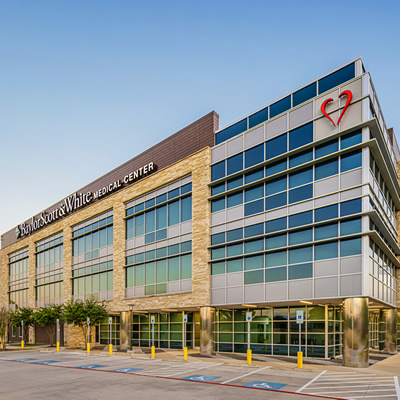
Baylor Scott & White Medical Center - Lake Pointe
6800 Scenic Dr , Rowlett, TX, 75088
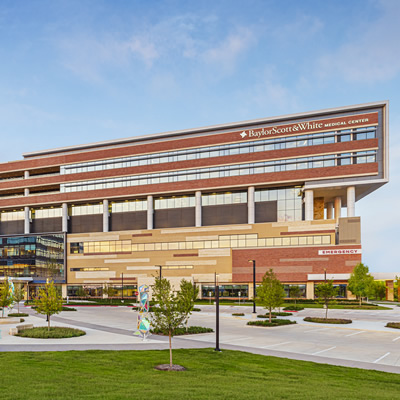
Baylor Scott & White Medical Center - Frisco at PGA Parkway
7600 Better Way , Frisco, TX, 75033
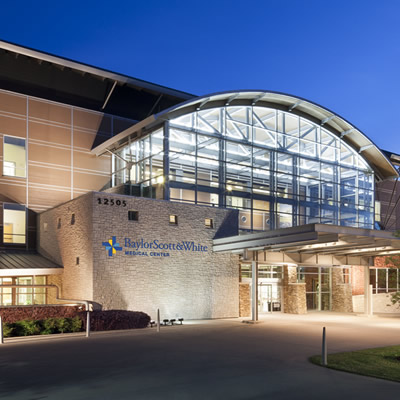
Baylor Scott & White Medical Center - Centennial
12505 Lebanon Rd , Frisco, TX, 75035
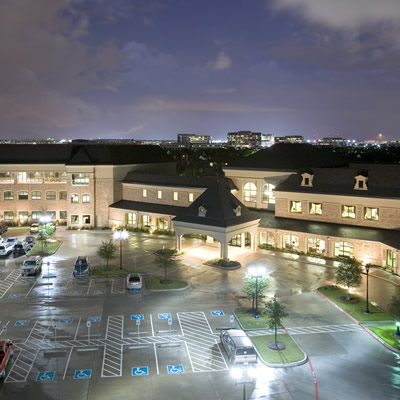
Baylor Scott & White Medical Center - Frisco
5601 Warren Pkwy , Frisco, TX, 75034

Baylor Scott & White Darlene G. Cass Women's Imaging Center at North Dallas
9101 N Central Expy Ste 200, Dallas, TX, 75231

Baylor Scott & White Darlene G. Cass Women's Imaging Center at Junius
3900 Junius St Ste 200, Dallas, TX, 75246
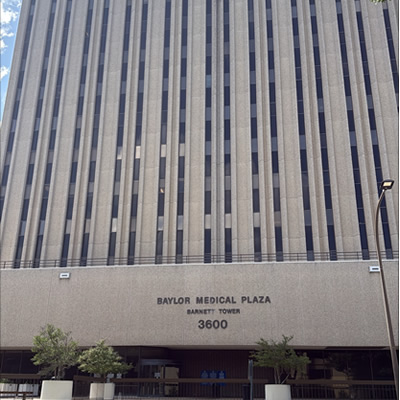
Baylor Scott & White Women's Health Group
3600 Gaston Ave Wadley Tower, Ste 1158, Dallas, TX, 75246
- Monday: 9:00 am - 5:00 pm
- Tuesday: 9:00 am - 5:00 pm
- Wednesday: 9:00 am - 5:00 pm
- Thursday: 9:00 am - 5:00 pm
- Friday: 9:00 am - 4:30 pm
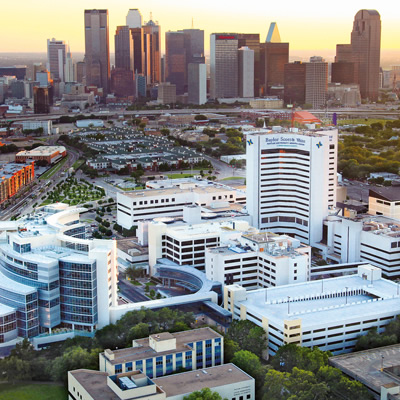
Baylor University Medical Center, part of Baylor Scott & White Health
3500 Gaston Ave , Dallas, TX, 75246

Baylor Scott & White Medical Center - Irving
1901 N MacArthur Blvd , Irving, TX, 75061

Baylor Scott & White Medical Center - Grapevine
1650 W College St , Grapevine, TX, 76051

Baylor Scott & White Medical Center - Waxahachie
2400 N Interstate 35E , Waxahachie, TX, 75165
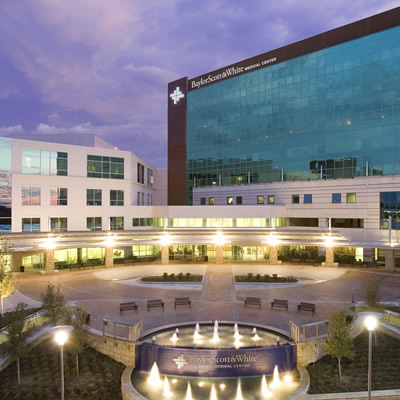
Andrews Women's Hospital at Baylor Scott & White - Fort Worth
1400 8th Ave , Fort Worth, TX, 76104

Baylor Scott & White All Saints Medical Center - Fort Worth
1400 8th Ave , Fort Worth, TX, 76104
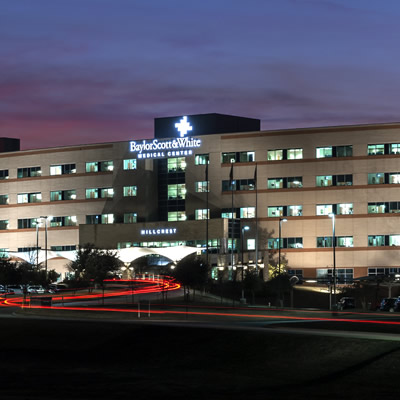
Baylor Scott & White Medical Center - Hillcrest
100 Hillcrest Medical Blvd , Waco, TX, 76712

Baylor Scott & White Medical Center - College Station
700 Scott and White Dr , College Station, TX, 77845
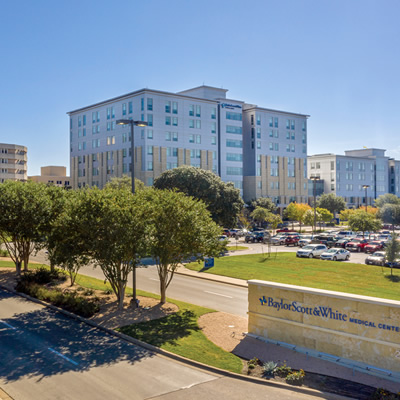
Baylor Scott & White Medical Center - Temple
2401 S 31st St , Temple, TX, 76508

Baylor Scott & White Medical Center - Brenham
700 Medical Pkwy , Brenham, TX, 77833
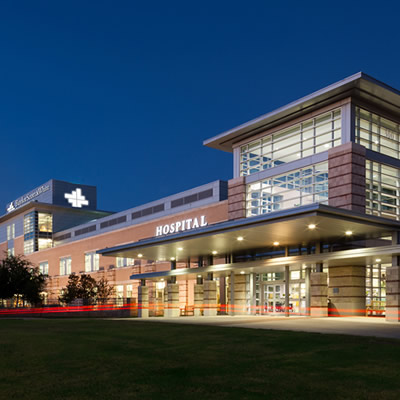
Baylor Scott & White Medical Center - Round Rock
300 University Blvd , Round Rock, TX, 78665
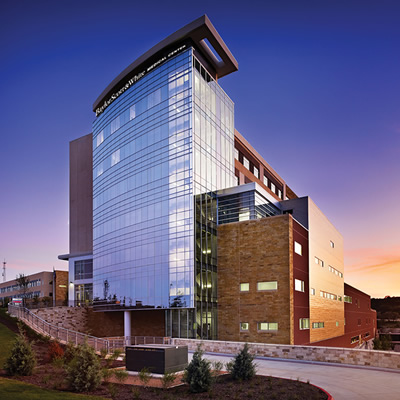
Baylor Scott & White Medical Center - Lakeway
100 Medical Pkwy , Lakeway, TX, 78738
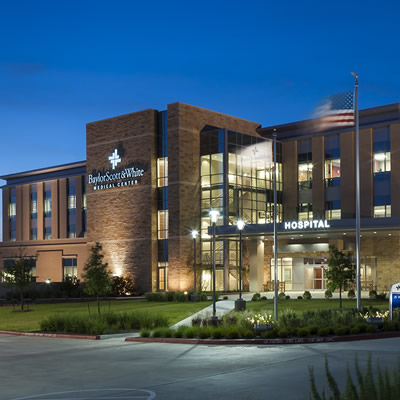
Baylor Scott & White Medical Center - Marble Falls
810 W State Hwy 71 , Marble Falls, TX, 78654
Frequently asked questions
-
What age is geriatric pregnancy?
Geriatric pregnancy refers to pregnancy when the mother will be 35 years old or older on the expected date of delivery. Many healthcare providers now use the term “advanced maternal age.”
-
Are geriatric pregnancies high risk?
A high-risk pregnancy means that the mother, baby or both are at greater risk of complications than a typical pregnancy. Being over 35 is one factor that can make your pregnancy higher risk, but most women who are over 35 have healthy and successful pregnancies.
Other risk factors for high-risk pregnancy include existing health conditions, previous pregnancy complications and issues that arise during pregnancy. Your doctor might recommend additional care if you are at higher risk. -
Do geriatric pregnancies deliver early?
Yes, pregnancies in women over 35 have a higher chance of preterm labor due to increased risks like high blood pressure and gestational diabetes. Regular prenatal care can help manage these risks and improve the chances of a full-term delivery. Your doctor will monitor you closely during this time.
